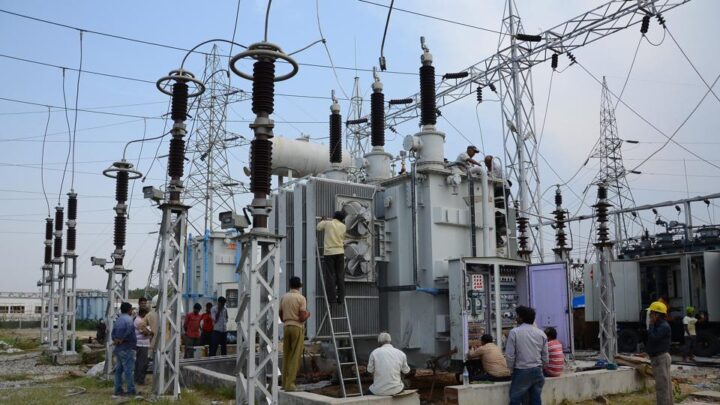The Transmission Company of Nigeria (TCN) says the frequent collapses of the national grid cannot be totally avoided.
The grid had collapsed twice within two hours on Thursday, causing blackout across the country.
In a statement on Friday, Ndid Mbah, TCN’s spokesperson, said the development was as a result of the grid being operated without a spinning reserve.
A spinning reserve is an excess capacity that compensates for electricity shortages when the grid fluctuates.
Advertisement
Mbah said the TCN is working to modernise and stabilise the grid.
“Full restoration of the grid was achieved at about 2:19am, today,” Mbah said.
“The initial disturbance of the grid which occurred at about 12.34pm yesterday was a partial collapse of the system, as the grid was still supplying Port-Harcourt, Aba, Omoku, Yenegoa, Afam among others, through Afam IV, Rivers IPP and Omoku Power Stations.
Advertisement
“Effort immediately commenced to synchronize other parts of the network but as restoration reached advanced stage, the situation suddenly degenerated into a collapse of the nation’s grid.
“Full restoration of the grid re-commenced immediately after the incident and by 10pm yesterday, most parts of the nation had been reconnected to the grid, at about 2:19am however, the grid was fully restored.
“Management wishes to inform Nigerians that TCN is not relenting in its efforts to completely stabilize the grid. However, due to the fact that the National Grid is still being operated with zero spinning reserve, system instability like what was witnessed yesterday cannot be totally avoided.”
In its latest 2019 second quarter report, the Nigerian Electricity Regulatory Commission (NERC) said efforts are ongoing to procure the spinning reserves.
Advertisement
“In addition, the Commission is reviewing the outcome of the process of procuring spinning reserves by TCN,” the regulator said.
“The Commission had earlier approved the request by TCN to competitively procure spinning reserves for the industry. This is to guarantee adequate spinning reserves for proper management of the grid by System Operator.”
Add a comment







